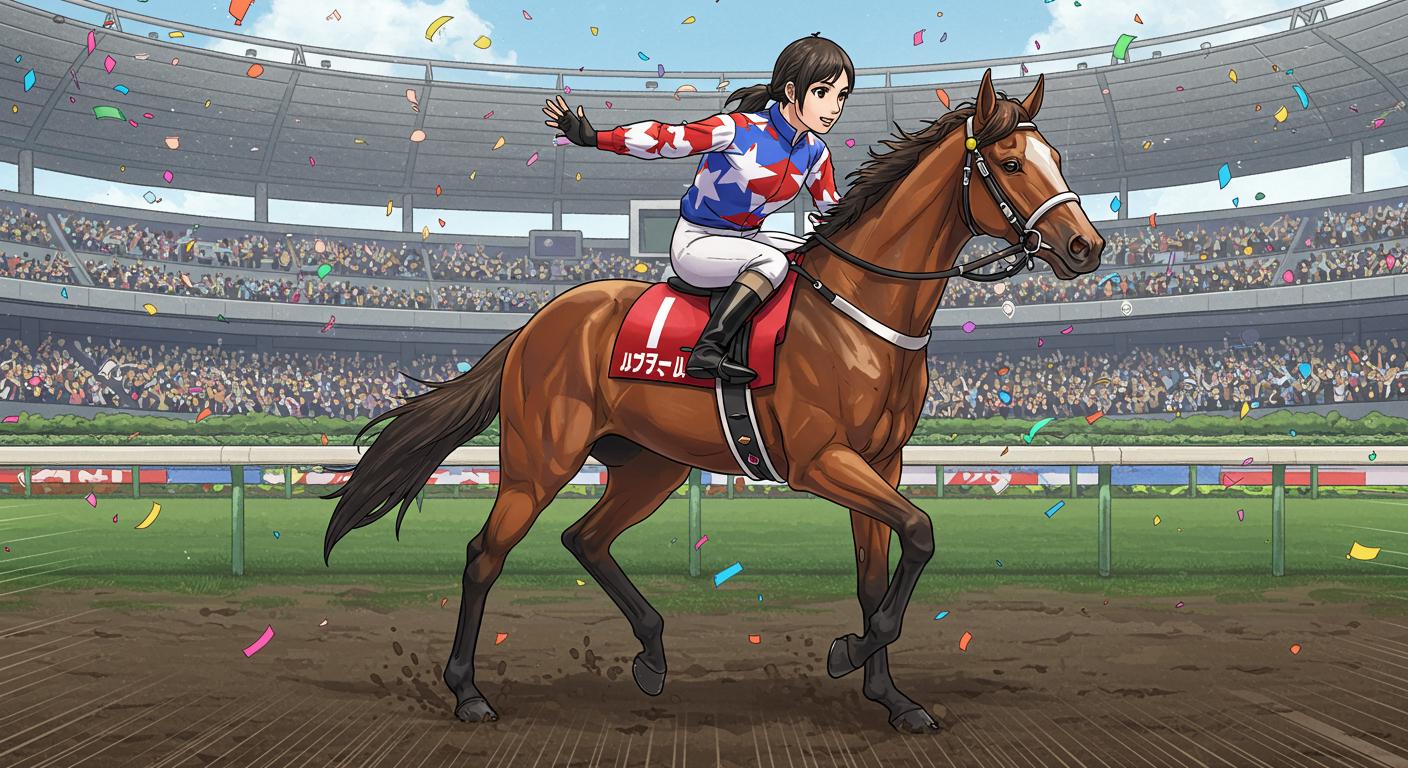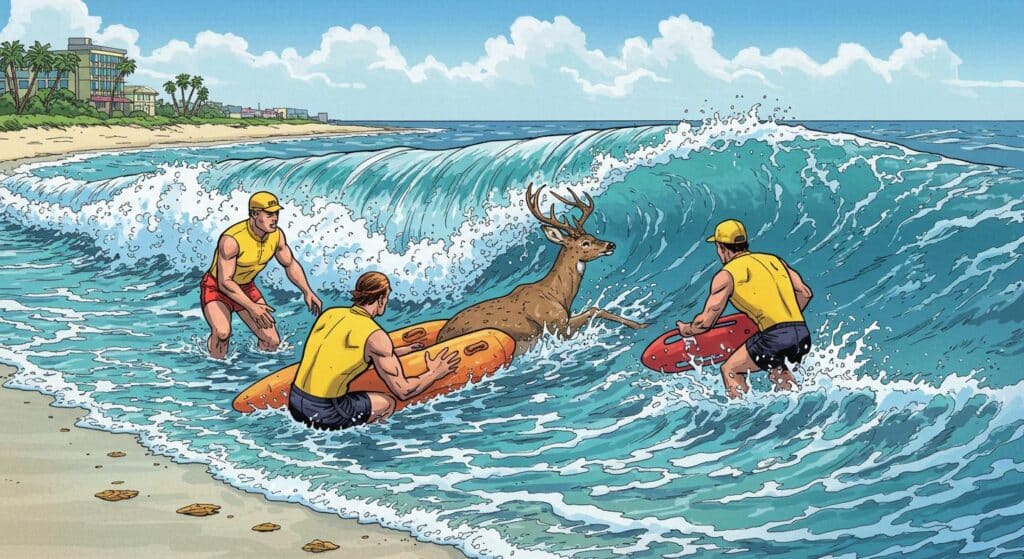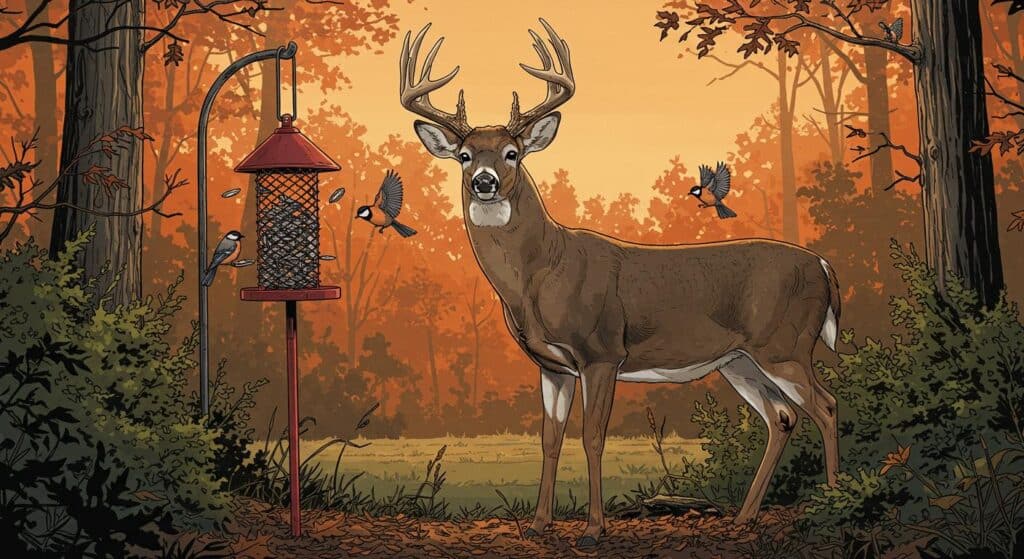There’s something undeniably captivating about rooting for the underdog—except in Haru Urara’s case, the term “underdog” feels almost too generous. As outlined in a recent report from The Straits Times, Haru Urara is no victorious dark horse; she is, quite simply, a legend of losing. In a racing career that spanned 113 attempts, Haru Urara never crossed the finish line first. Not once. She became a household name for being, in the most literal sense possible, a racehorse who couldn’t win.
But here’s the twist that wouldn’t be out of place in a particularly affectionate anime: she’s more popular today than most winners ever dream of becoming.
The Shining Star of Losers
First, a quick primer for the uninitiated. Haru Urara, whose name translates to “glorious spring,” burst onto the Japanese pop culture radar not for her prowess, but for a statistic so grim it almost circles back to being impressive. Since her debut in 1998, she notched up loss after loss—an 80-race losing streak by 2003, ballooning to a total of 113 before her retirement in 2004. The Straits Times recounts that, despite this, the country’s affection for her grew only stronger, with Japan’s then-Prime Minister, Junichiro Koizumi, referencing her stubborn optimism during a parliamentary session in the midst of a national recession. Interestingly, The Straits Times relays that Koizumi’s statement about hoping to see Haru Urara win—even just once—was originally reported by CBS News, adding a layer of meta-fandom to her legend.
This unlikely adoration solidified Haru Urara’s legacy as the, quote, “shining star of losers everywhere.” Rather than fading quietly into obscurity as most non-winning athletes do, Haru Urara managed the impossible: she transformed into a symbolic talisman, representing resilience in the face of relentless defeat. As previously mentioned by The Straits Times, betting tickets bearing her name were so reliably unprofitable that they became cherished good luck charms—thought by some to protect against mishaps or unemployment, since the Japanese word for “losing a bet” can also mean “not to be struck.” An accidental tradition, perhaps, but one reflective of Haru Urara’s reputation for indefatigable optimism.
From Failure to Fandom: Digital Reincarnation
Now, in a plotline that feels tailor-made for both social media and speculative fiction, Haru Urara has found digital immortality in the global hit mobile game Uma Musume Pretty Derby. Described in The Straits Times, the game’s premise alone is joyfully odd: real Japanese racehorses are reinvented as anime “horse girls” who race competitively and moonlight as pop idols. It’s a concept that, like betting on a renowned last-place finisher, sounds improbable—yet somehow succeeds brilliantly.
Earlier in the report, it’s mentioned that Haru Urara’s animated persona enters the game not as some rare, high-powered unlock, but as an openly available, infectiously cheerful character granted to every new player. Even with in-game performance reflecting her real-life record, she’s become a beloved fixture. The Straits Times points out that some players are so taken with her unflagging spirit, they’ve made it a personal challenge to guide her to elusive virtual victory—an attempt to finally let the character achieve what the real horse never could.
As the outlet documents, Uma Musume Pretty Derby has itself been a blockbuster, racking up over US$2.5 billion in Japanese revenue since 2021 and quickly collecting a million global downloads after the June release of its English edition. Within this pixelated pantheon of digital thoroughbreds, it’s Haru Urara—the perennial underachiever—who’s become a breakout star.
Icon of Almost
The public’s endearing obsession with Haru Urara has galloped well beyond the racetrack and game app. The Straits Times also notes how memorabilia related to her, from plush toys to old losing bet slips (fetching up to 3,000 yen, or about S$30), are valued more highly than those commemorating many victorious horses. Her enduring appeal is also evident in the social sphere: a photo of her wearing a tiara on her recent birthday, posted by a fan club member, went viral and racked up more than 10,000 interactions on X.
A detail shared by that fan club member, and cited in The Straits Times, confirms that Haru Urara is alive, well, and apparently thriving on a private farm in Chiba prefecture—even outshining the energy levels of some of her human admirers. If anything, her story’s only grown more charming with age.
Is Losing the New Winning?
Is there something about relentless, unabashed trying—and failing—that speaks to us in a way victory never quite does? In a field obsessed with winners and standings, Haru Urara’s cult status seems rooted in her ability to greet each defeat with the sort of optimism that feels almost surreal. Is there not a peculiar beauty in that?
When most digital games revolve around maximizing odds and collecting rare wins through “gacha” systems, Haru Urara’s reliably available character functions as a subtly subversive joy. She’s the one sure thing in a sea of chance—the little digital horse girl with a perpetual smile who reminds us that sometimes, persistence and a good story matter more than triumph.
This devotion to an enduring loser says something revealing about us, too. We seem delighted—or perhaps comforted—by the unstoppable persistence of the perpetually unsuccessful. Or maybe, on some level, we recognize the simple truth that showing up is a quiet victory of its own, even if all you ever win are lucky charms, plush toys, and a place in gaming history.
In the peculiar race between almost and never, Haru Urara has trotted confidently to the front—demonstrating that, at least sometimes, the most remarkable way to succeed is to fail with style. Is that consolation, or simply a different sort of champion’s crown?







